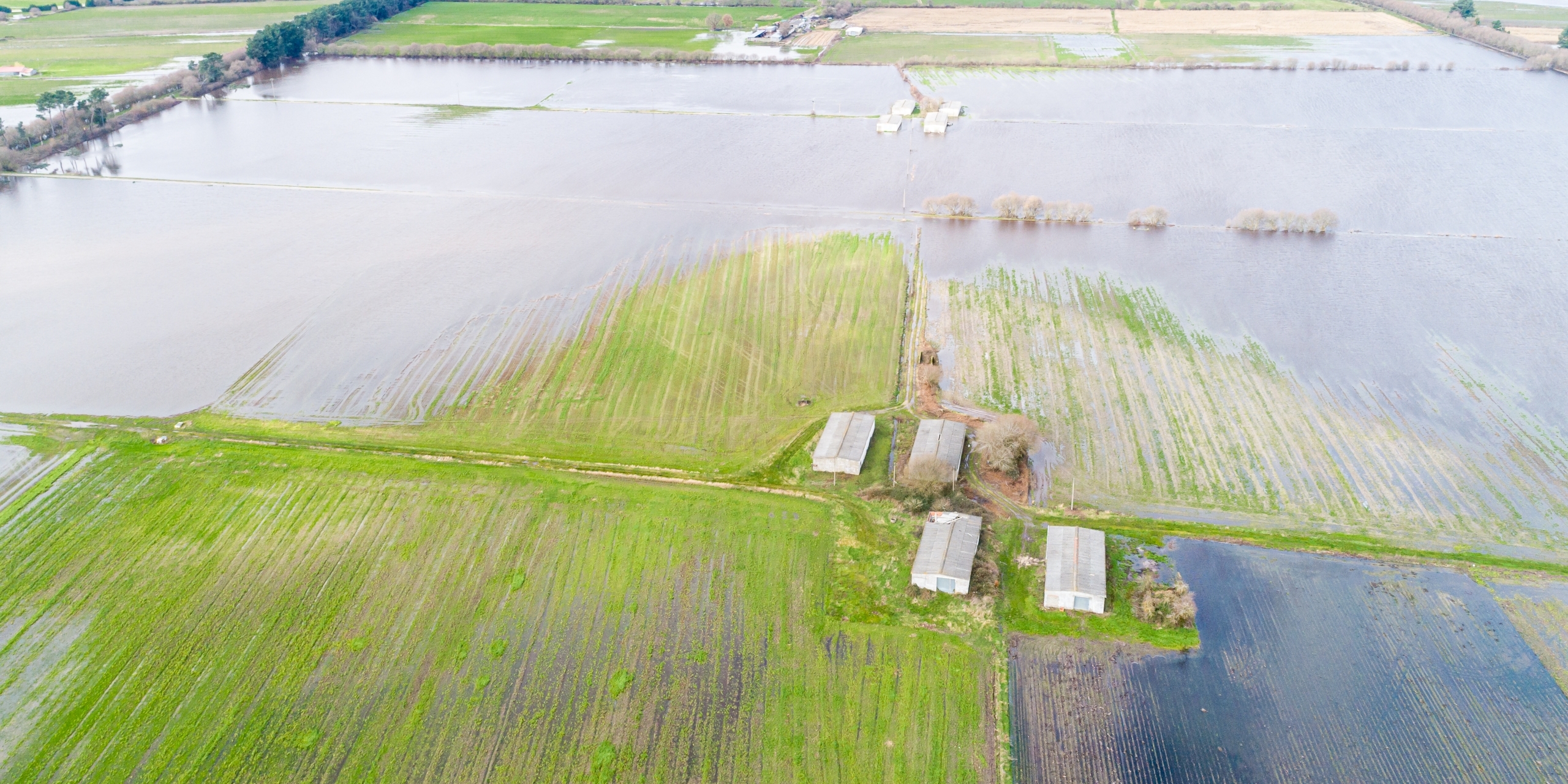Persistent and record-breaking rainfall throughout May has left Alabama farmers facing a difficult growing season, with waterlogged fields, delayed planting, and widespread crop damage reported from north to central parts of the state.
In Huntsville, nearly 11 inches of rain have made this month the second wettest May on record, according to WHNT. The excess moisture has created the perfect environment for plant diseases, leading to spoilage in crops like strawberries. One local farmer at the Greene Street Market said hundreds of gallons of strawberries had to be discarded due to rot, though other hardier vegetables like squash and onions weathered the conditions more favorably.
RELATED: Farmers can now begin applying for row crop aid
Further south in Northport, Alice Parker of Parker Farm and Produce told WIAT that replanting has been necessary due to washed-out fields. The added cost of replanting, along with the time and labor involved, has made recovery an uphill battle. Parker’s farm, which grows a wide range of fruits and vegetables, sits on a hill—providing some drainage—but many neighboring farms weren’t as fortunate.
Officials warn that this spring’s rainfall could lead to reduced availability at local farmers markets. Alabama Agriculture Commissioner Rick Pate, speaking to WIAT, said the frequent financial setbacks brought by extreme weather events threaten the long-term sustainability of farming operations across the state.
In Blount and St. Clair counties, the situation is equally concerning. WBMA reported that farmers are struggling with significantly delayed planting schedules, particularly for crops like cotton and tomatoes. One grower in Blount County said that rainfall made it impossible to begin planting until nearly a week after the typical start date, and continued downpours have slowed progress ever since. In tomato-growing regions, flooding has rendered entire fields inaccessible.
RELATED: USDA emergency aid could bring $70 million to Alabama farmers, Pate welcomes relief
The Alabama Cooperative Extension System also pointed out that wet conditions can increase the risk of fungal infections in crops like peaches and blackberries. Extension experts said disease management could be an ongoing issue this season, especially if more rainfall follows.
Despite these setbacks, many farmers remain resilient, adapting as best they can to shifting conditions. Some noted that while certain crops have been severely impacted, others may actually benefit from the rain, depending on soil and drainage.
Sherri Blevins is a staff writer for Yellowhammer News. You may contact her at [email protected].













